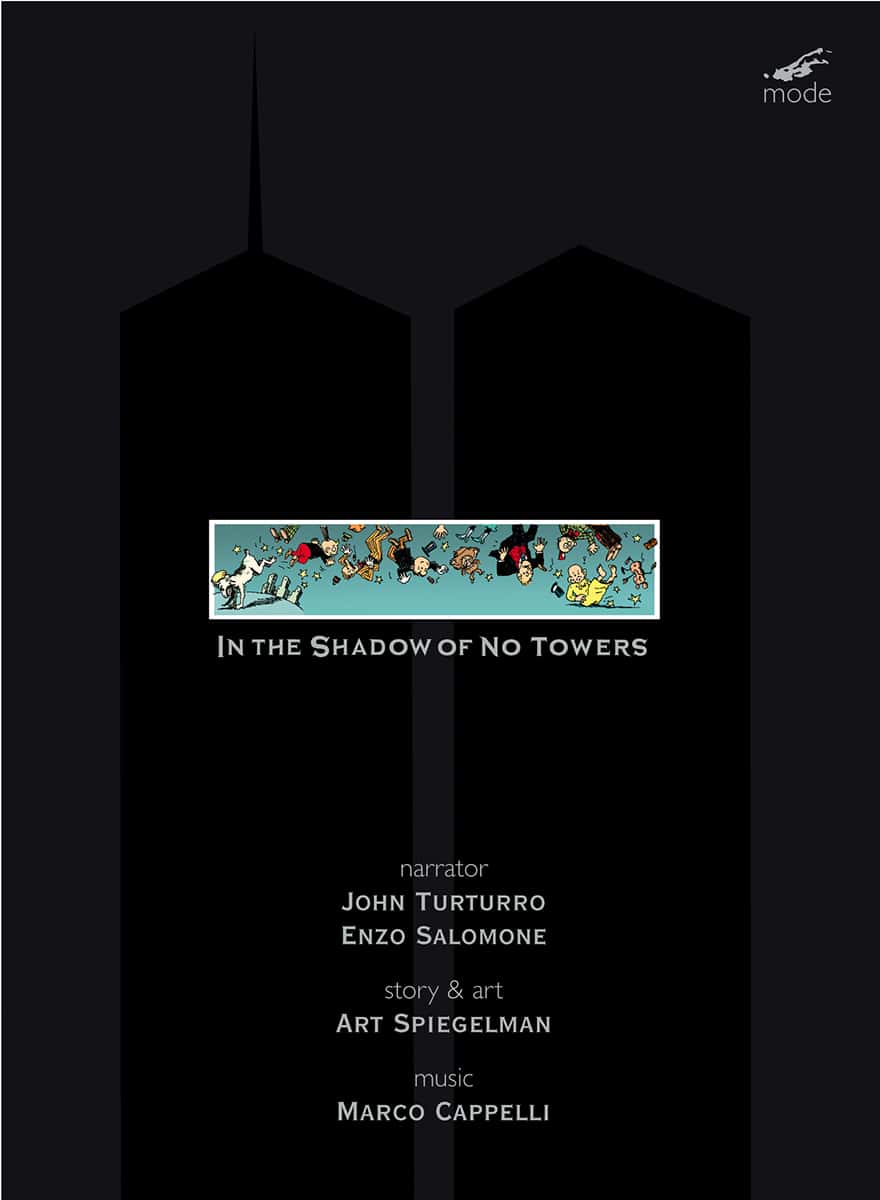

11, Spiegelman "made a vow that morning to return to making comix," he writes. Of drawing and writing "lie fallow," Spiegelman recalls in his introduction to the product of his renewed tillage, "In the Shadow of No Towers." It is an odd, thin but robust hybrid of a book - an intimate memoir of the attacks on the World Trade Center, which Spiegelman witnessed from close range, a rant on their effects on the world at large and within the author, and a monograph on the Sunday newspaper comic strips of the early 20th century, all within 42 oversized pages. "Like some farmer being paid to not grow wheat, I reaped the greater rewards that came from letting my aptitude for combining the two disciplines" He devoted his time to writing essays and painting covers for The New Yorker he wrote a biographical study of a cartoonist he had long admired (Jack Cole, the creator of Plastic Man) and he did not publish another book of comics, the art form with which he had made his reputation, until now, 12 years after his prize for "Maus." Spiegelman found the environment hospitable. "Maus" and its Pulitzer elevated comics in the public eye, much as they lifted Spiegelman out of the realm of mere comic-book people and up a few tiers in the cultural hierarchy to the sphere of serious, respected authors and artists. Spiegelman was 44 in 1992, when he won a Pulitzer (again, a special citation) for "Maus," his Holocaust in the medium of comics - like jazz, an indigenous American popular art that had for much of its history been widely dismissed as insubstantial and disreputable.

Rejection by the cultural establishment impeded neither his creativity nor his prolificacy indeed, it may well have fueled both. "Fate doesn't want me to be too famous too young." In the subsequent nine years until his death, Ellington composed more than 200 pieces of music, including the three Sacred Concerts he considered his most important work. In 1965, when the jazz master was 66, the Pulitzer Prize music jury voted to honor him with a special citation, only to have the idea rejected by the Pulitzer executive body. $19.95.ĭuke Ellington was luckier than Art Spiegelman. IN THE SHADOW OF NO TOWERS By Art Spiegelman.


 0 kommentar(er)
0 kommentar(er)
